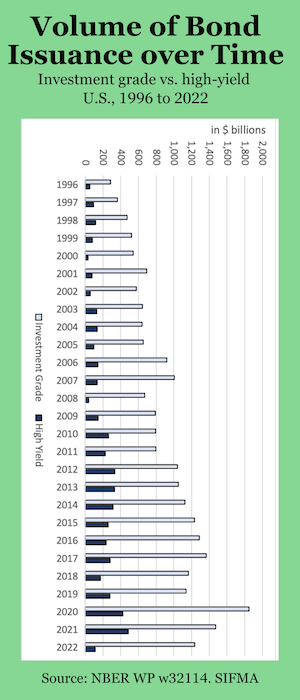The implementation of the Czech Republic’s new pension reform – which aims to allow workers to transfer part of their contributions from the public pillar to newly created private pension funds – is facing a number of political and economic problems, IPE.com reported.
Parliament is already poring over the reform, with the second reading of the proposed law scheduled for next week. The reform’s success is expected to depend on the political situation.
“The current opposition is strongly against the fact that part of the contributions to the pay-as-you-go system will be transferred to the private system,” said Jiri Rusnok, director of pensions at ING Pnezijni Fond. “Furthermore, the lack of consensus within the coalition government itself means the transfer of contributions from one pillar to another will be made on a volunteering system and will not in any case be compulsory.”
In addition, under the new law, workers will have to increase their allocation to the pension system, he warned.
“People who decide to join the private pillar will have to raise their contributions by 2% from their net income salary to be eligible to transfer as much as 3% of their contributions from the public system to private pension funds,” he said.
The increase of contributions is seen as an important barrier by some pension funds and consultants in the country.
However, experts agree the new pension system will give workers more flexibility in terms of investments and potentially lead to higher returns and higher pension benefits.
Petr Poncar, chairman at Allianz pension fund, said: “The return will depend on the profile of each worker who will decide on the investment strategy to adopt. Allocations to lower-risk assets will be adapted as workers reach retirement age.”
According to Poncar, as much as 25% of the work force is likely to join the voluntary private system if the pension reform is approved by parliament. But other experts warned this percentage could be much lower, closer to 10-15%.
If enacted by parliament and the president, the new pensions could be implemented as early as January 2013.


